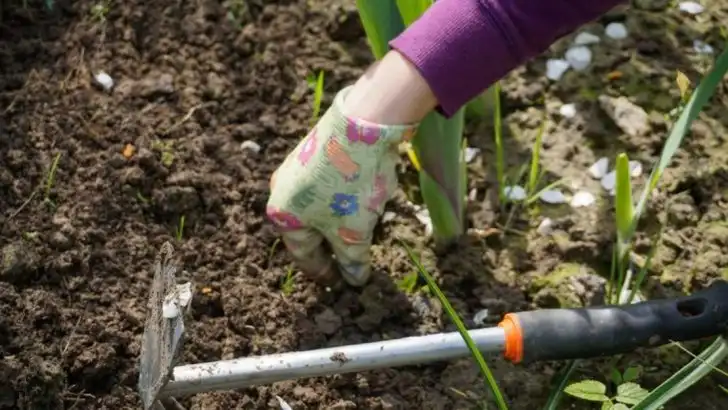Keeping your garden pest-free without using harsh chemicals is easier than you think! Many common pesticides contain toxic ingredients that can harm beneficial insects, soil health, and even your own plants. Fortunately, nature provides plenty of safe, effective alternatives to keep unwanted pests at bay while maintaining a healthy, thriving garden.
From companion planting to homemade organic sprays, there are numerous ways to naturally protect your plants without resorting to synthetic pesticides. These methods not only help control pests but also promote biodiversity, soil health, and a more sustainable garden.
In this article, we’ll explore 11 natural ways to keep pests away from your plants—so you can enjoy a lush, chemical-free garden all season long!
Companion Planting
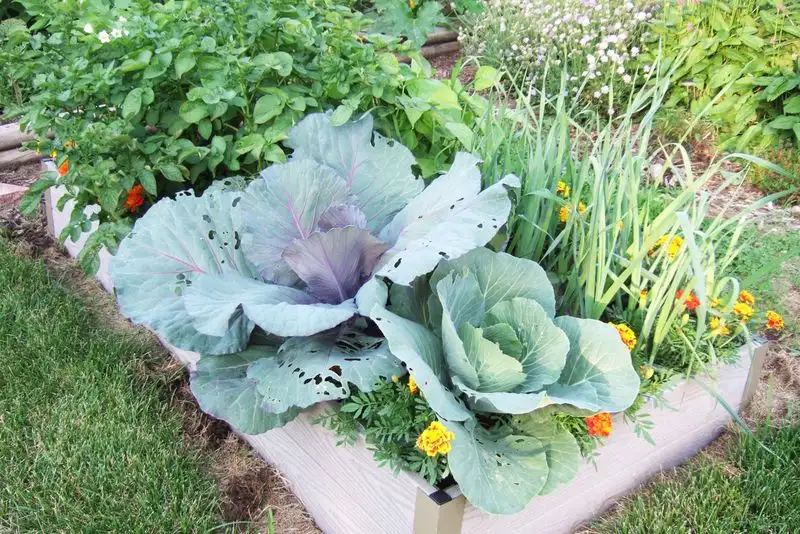
Placing certain plants together can naturally repel pests. Marigolds, for example, are known for deterring nematodes, while basil wards off flies and mosquitoes. This method not only protects plants but also enhances growth by creating a symbiotic environment. Imagine tomatoes flourishing next to basil; not only do they repel insects, but they also boost each other’s flavor. Interplanting these natural allies can create a pest-free haven.
Neem Oil
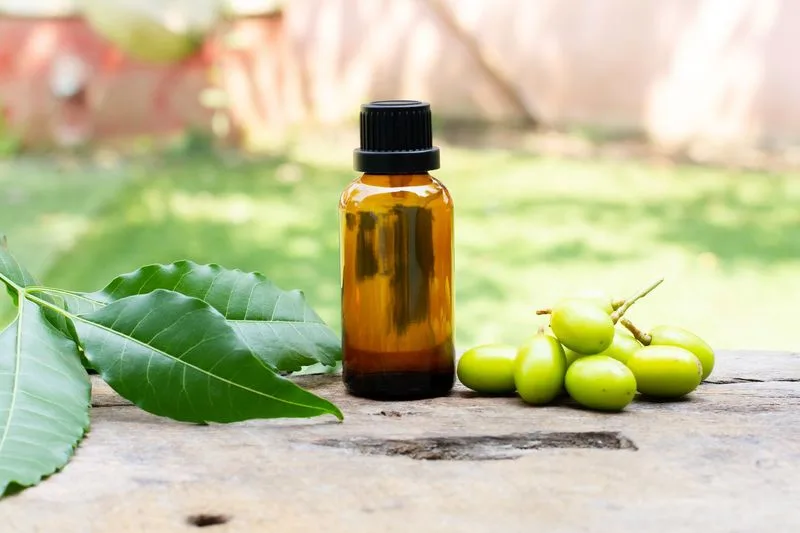
Derived from the seeds of the neem tree, neem oil is a powerful natural pesticide. It works by disrupting the life cycle of insects, making it effective against a variety of garden pests like aphids and spider mites. Applying neem oil is simple: mix it with water and spray directly onto affected plants. This solution not only targets pests but also has antifungal properties, promoting overall plant health.
Diatomaceous Earth
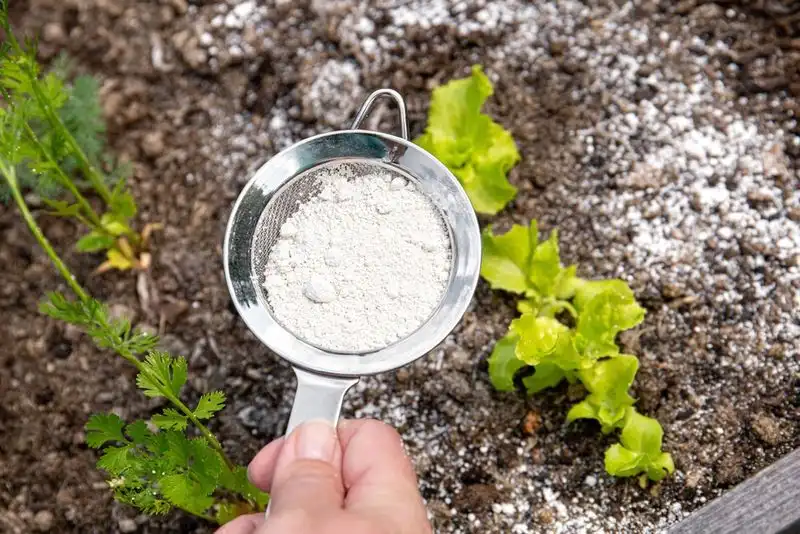
A natural powder made from fossilized aquatic organisms, diatomaceous earth is a non-toxic way to combat insects. When sprinkled around plants, it dehydrates and ultimately kills soft-bodied pests like slugs and beetles. It’s safe for humans and pets, making it ideal for organic gardening. Regular application can create a barrier that pests won’t cross, ensuring your plants thrive without harsh chemicals.
Soap Sprays
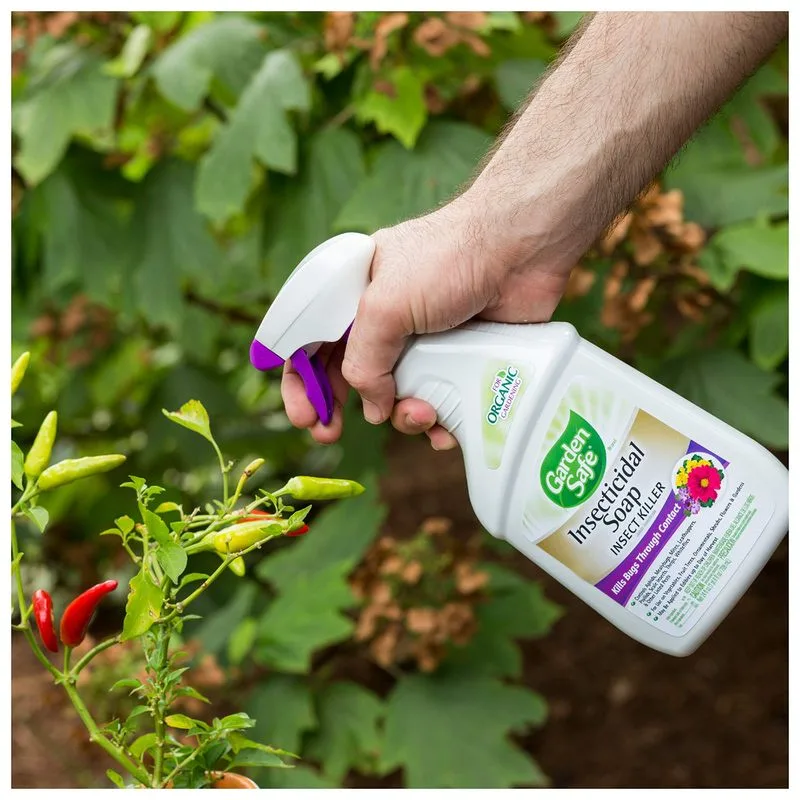
Homemade soap sprays are an easy and effective way to tackle soft-bodied insects like aphids and whiteflies. By mixing dish soap with water, you create a solution that suffocates pests upon contact. Spray this mixture on the underside of leaves where insects often hide. This gentle approach protects plants without harming beneficial insects. Plus, it’s an economical option that uses common household items.
Garlic Spray
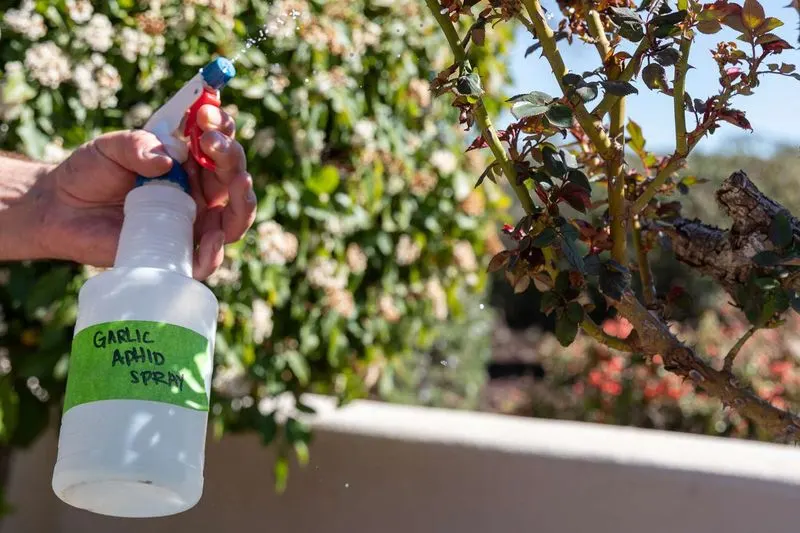
Garlic spray acts as a natural insect repellent due to its strong smell. By blending garlic cloves with water, and letting the mixture steep, you create an effective deterrent against a range of pests. Strain and spray this concoction on your plants to keep bugs at bay. Garlic’s natural properties make it safe for plants, while its pungent aroma sends pests packing. Regular use can help maintain pest-free foliage.
Beneficial Insects
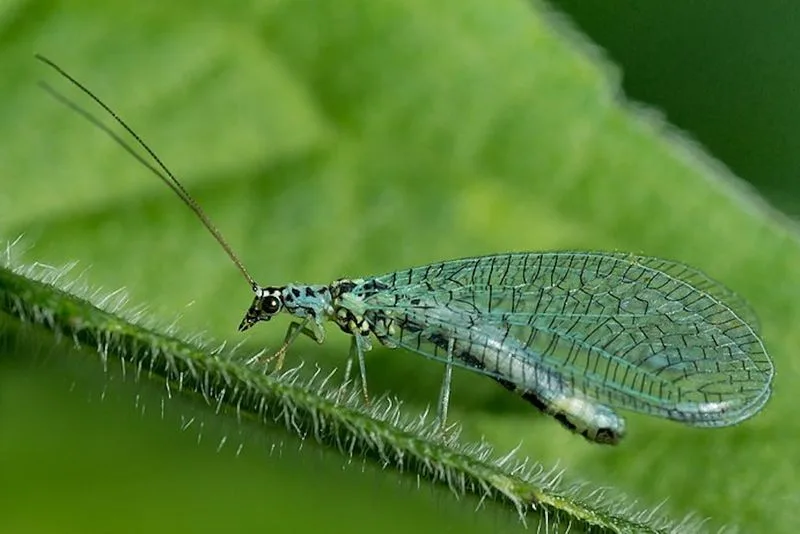
Introducing beneficial insects like ladybugs and lacewings can naturally reduce pest populations. These insects prey on common garden pests like aphids and caterpillars, providing a biological control method. Encouraging these natural predators to inhabit your garden fosters a balanced ecosystem. Creating habitats with diverse plantings can attract and sustain these helpful allies, promoting a healthy garden environment.
Crop Rotation
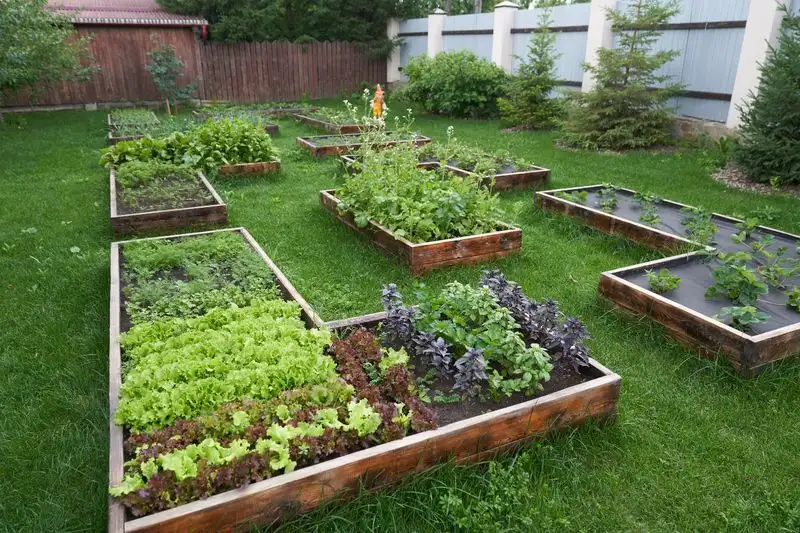
Changing the location of crops each season can prevent pest infestations. Crop rotation interrupts the life cycles of pests and diseases that target specific plants. By varying your plantings, you confuse pests and reduce their impact. This method not only diminishes pest problems but also improves soil health and nutrient balance. Strategically rotating crops can enhance your garden’s resilience to pests.
Coffee Grounds
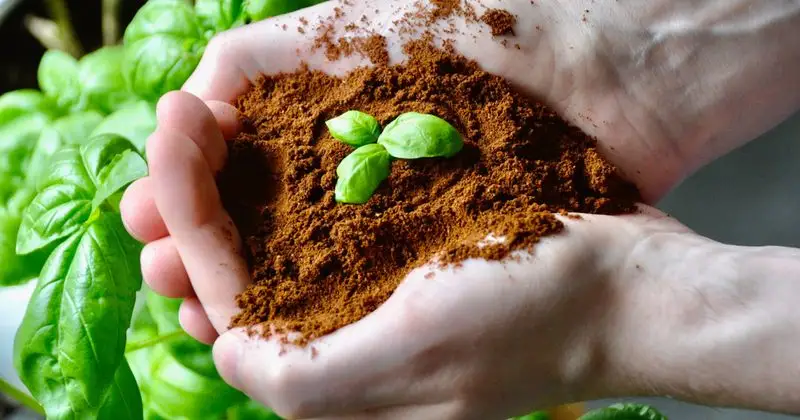
Used coffee grounds can serve as a natural pest deterrent. When spread around plants, they create a barrier that deters ants, slugs, and snails. The grounds also enrich the soil with nutrients, benefiting plant growth. If you’re a coffee lover, this is a sustainable way to recycle waste while protecting your garden. Regularly adding grounds can maintain an effective line of defense against pests.
Essential Oils
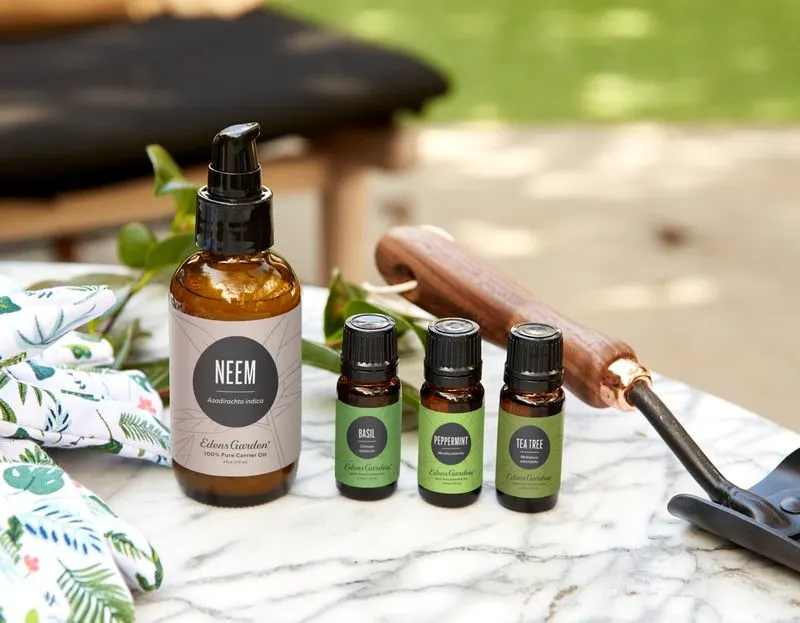
Essential oils like peppermint and lavender offer a fragrant way to repel pests. By diluting these oils with water and spraying on plants, you create a natural barrier. Their strong scents deter insects while adding a pleasant aroma to your garden. These oils can be mixed according to specific pest problems, providing customizable protection. Using essential oils enhances your garden’s defense without synthetic chemicals.
Mulching
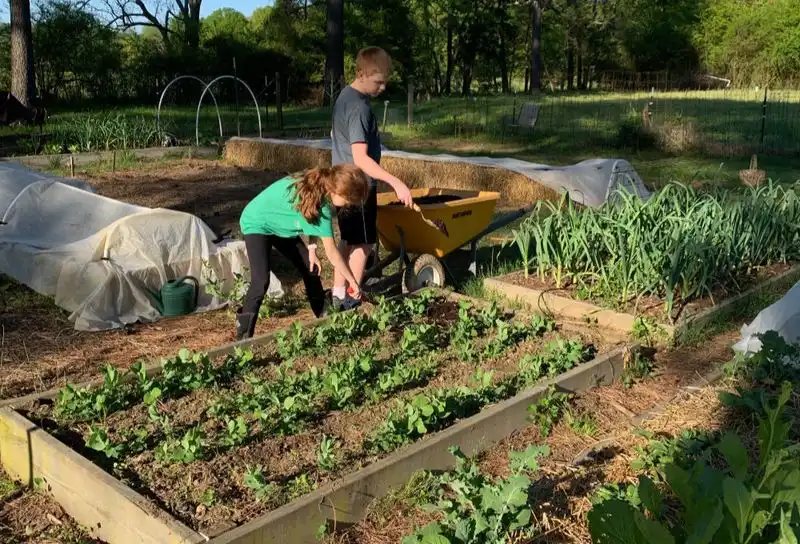
Applying mulch can deter pests by creating a physical barrier. It helps retain soil moisture, regulate temperature, and suppress weed growth. Organic mulches, like straw or wood chips, can also harbor beneficial organisms that prey on pests. Mulching not only supports plant health but also enhances the garden’s resilience to pest problems. Consistent mulching can lead to thriving, pest-free plants.
Manual Removal
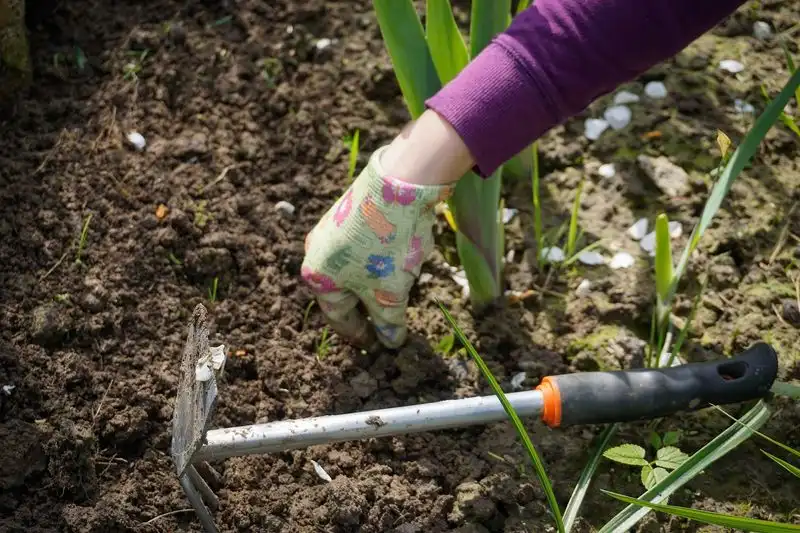
Sometimes the simplest solution is the most effective. Manually removing pests like caterpillars and beetles can significantly reduce their numbers. By inspecting plants regularly, you can catch infestations early and prevent them from spreading. This hands-on approach is labor-intensive but provides immediate results. It’s an eco-friendly method that ensures you have complete control over pest management in your garden.

